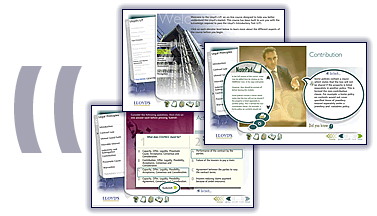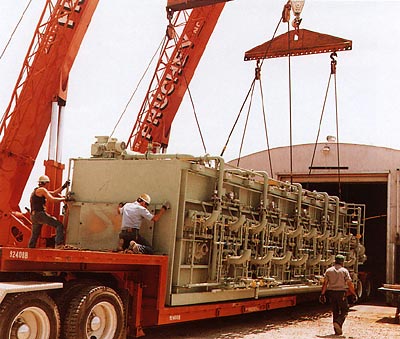 Article 29 of CMR and safety-relevant contractual agreements
Article 29 of CMR and safety-relevant contractual agreements
Hitherto, little attention has been paid to a Nuremberg Court of Appeal decision that was issued on 4 February 2009.
The court had to rule on the carrier’s right to limit its liability in a case in which goods were stolen during international transportation after the carrier had intentionally breached stipulations which had been concluded to ensure the safety of the goods during the transport.
The court held that such behavior alone resulted in the carrier’s unlimited liability pursuant to Article 29 of the Convention on the Contract for the International Carriage of Goods by Road (CMR).
Facts
The claimant, a transport insurer, claimed against the carrier and held it liable as the assignee of the consignor’s claims.
In November 2003 the consignor, a computer manufacturer, contracted the carrier for the carriage of 3,384 notebook computers weighting 7,979kg from Germany to Italy.
The parties to the contract of carriage agreed upon the application of specific safety guidelines issued by the Transported Asset Protection Association (TAPA).
According to the guidelines, the driver of the carrier’s lorry was not permitted to
(i) take a break at an insecure and unguarded parking area, or
(ii) leave the lorry unattended.
Additionally, the driver was obliged to:
(i) drive the lorry to the unloading point following a stopover at the carrier’s premises without a break,
and
(ii) in case of a theft, inform a police station without delay.
The carrier took over the freight from the consignor on 17 November 2003.
After the scheduled stopover at the carrier’s premises, the further transport began on 20 November at 4:00am at about 7:30am, approximately 12 kilometers from the unloading point, the driver took a break, went to a restroom and afterwards to the motorway services for a coffee.
The parking area was unguarded but under video surveillance and the driver activated an immobilizer system. During the stop the lorry, together with the consignment, was stolen. The driver noticed the theft at about 8:30am, but did not inform the police until 11:57am.
Decision
The court of first instance noted that the carrier did not discharge its burden of submitting the full and complete facts causing the loss because the circumstances of the theft had not been stated in detail. Therefore, it held that the carrier acted with gross negligence and was not entitled to limit its liability pursuant to Article 23 of the CMR.
The Nuremberg Court of Appeal upheld the judgment, but considered the reasoning to be wrong.
It ruled that the intentional breach of provisions which were specifically agreed to ensure the safety of the goods during the transport – namely, the TAPA guidelines – was sufficient to break limitation since it established gross negligence and carried with it a presumption that it was the cause of the loss.
It was then for the carrier to prove that there was no causal connection between the breach of the safety guidelines and the loss sustained by the consignor.
That the carrier had acted in breach of the TAPA guidelines was undisputed and it offered no evidence in rebuttal. As such, there was no need to revert to the procedural principle whereby the carrier must submit full details of the loss.
Comment
This decision clarifies the legal prerequisite for the carrier’s unlimited liability pursuant to Article 29 of the CMR and lowers the threshold for waiving limitation.
In light of the decision, consignors would be well advised to reach special arrangements in respect of security when contracting a carrier for the carriage of high-value goods.
Against the background of increased international competition in the transport sector it remains to be seen whether safety provisions will be established in respect of the carriage of lower-value goods.
Contributed by Dabelstein & Passehl




Great blog! I truly love how it’s easy on my eyes and the details are well written. I am wondering how I could be notified whenever a new post has been made. I have subscribed to your rss feed which ought to do the trick! Have a nice day!
During transportation the consignment remains in the custody of the carrier. Impliedly the carrier is responsible to take care of safety of the consignment during transportation. Hence if the consignment suffers a loss, the carrier’s liability becomes involved unless an exclusion operates. Judgement of the Nuremberg Court was right.